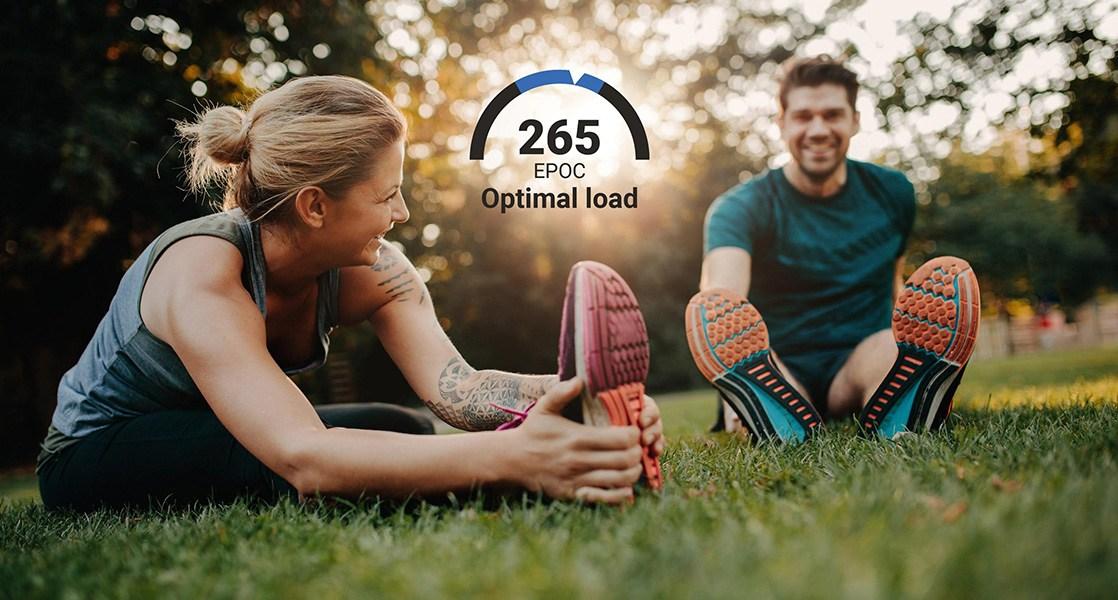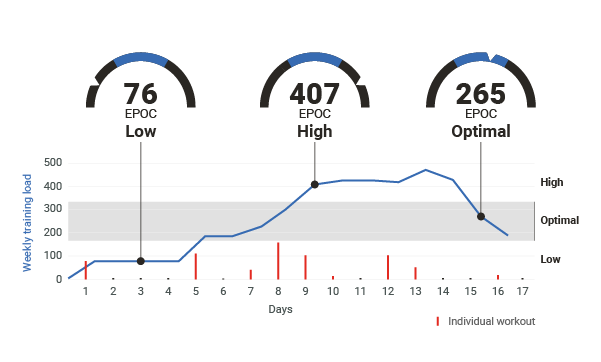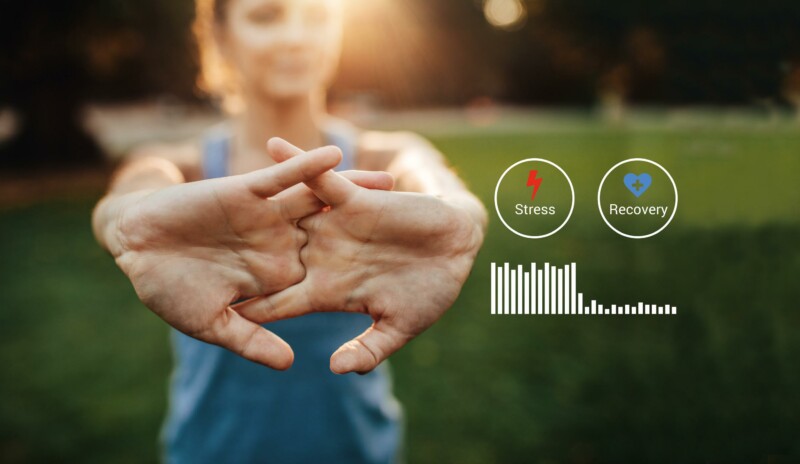
Everyone knows exercise is good for your body. You have probably noticed that physical activity can also make you feel better.
It’s not just a gut feeling. Mounting scientific evidence shows that exercise, in the right amounts, can improve your mood and mental health.
One of the largest of these studies was recently published in The Lancet Psychiatry Journal. Based on total of 1.2 million people reporting their activity levels and mental well-being, this new study suggests that regular exercise reduces poor mental health.
Study participants who exercised regularly had about 1.5 fewer “bad days” per month compared to non-exercisers. “Bad day” means that a participant reported their as “not good mental health” due to stress, depression or emotional problems.
More Exercise Is not Always Better
The dose makes the medicine, as they say. It is not just lack of exercise that is detrimental to mental health, but also exercising too much. The study revealed that training more than 23 times a month or for sessions longer than 90 minutes was associated with worse mental health.
Exercising more than 3 hours a day contributed to worse mental health than not exercising at all.
According to study the “optimal dosage” is 45 minutes exercise session 3-5 times a week – which is a fairly decent “exercise recipe” for many of us, not just for mental but for overall health.
Unique Body, Unique Mind
However, things are never this simple. Studies are generalizations that reveal the “big picture” and tell the average values. But in the real word everybody is an individual with a unique body and mind.
The basic rule is still the same: enough is enough. High training loads and hard workouts are needed if you have ambitious training goals. To achieve long-term success, it is essential to ensure the strain you place on your body is offset with adequate recovery. It is all about building gradually and finding the balance that is right for you, personally.
This is where Firstbeat can help. Firstbeat’s Training Load reveals the impact your weekly training activities have on your body. It helps you understand the totality of your efforts and delivers the insight you need to guide you towards the optimal level. You can see when you are driving yourself into the ground and when you could step things up a bit.
Although Training Load focuses on physiological impact, it can be a valuable tool for mental health also.
Body and mind are always connected and often they go hand in hand. For example, you might feel low and glum, but all you need is a short jog or inspiring dance lesson. Or, you might force yourself through a hard workout even though you are feeling heavy and stiff, you don’t feel energized afterwards. Rest would have been a better choice – for body and mind.

Training Load reveals how hard you have been training recently. It is based on EPOC values which provide a window into the restorative and adaptive work your body is doing in response to training.
Stress Can be Measured
Stress it frequently recognized as a mental or emotional strain, it is a physiological phenomenon. It is also a physiological phenomenon that can be detected and quantified by monitoring activity within your autonomic nervous system.
With Firstbeat All-day Stress & Recovery you can easily track the presence and intensity of stress and recovery to learn how your body reacts to life’s challenges. You can discover if your evening run negatively impacts your sleep, or if yoga is the right stress relief for you.

Good fitness achieved through regular exercise improves your body’s ability to handle stress.
The Best Exercise Is the Exercise You Like
The study also highlighted some details about the different types of exercise.
All types of exercise – and physical activity in general – were associated with improved mental health, but team sports, cycling, aerobics and gym training had the greatest positive impact.
Also another study (Lathia, N. et al, 2017) found similar results. It revealed that people who are more physically active are also happier – and further, people are happier in the moments when they are more active.
This is good news, of course. You don’t need to run a marathon or even 10K to feel good. Sometimes a brisk walk with a friend or playing catch with children is just the right choice. Everybody can find their own ways to move and improve their well-being – both mental and physical.
If you liked this article, you should subscribe to our mailing list
You might also be interested in

4 Simple Ways to Reduce Stress
You don’t always need long mindfulness exercises or a yoga retreat to relieve stress. Discover 4 easy things you can do to help defuse your lifestyle.

Why Should I Exercise, If I Don’t Feel Like It?
Battling stress and tiredness isn’t easy, but there are a few things you can do to help yourself.

Want to Boost Your Productivity at Work? Here’s How Increasing Physical Activity Can Help
Introducing physical activity into your routine can improve multiple areas important for workplace productivity.

